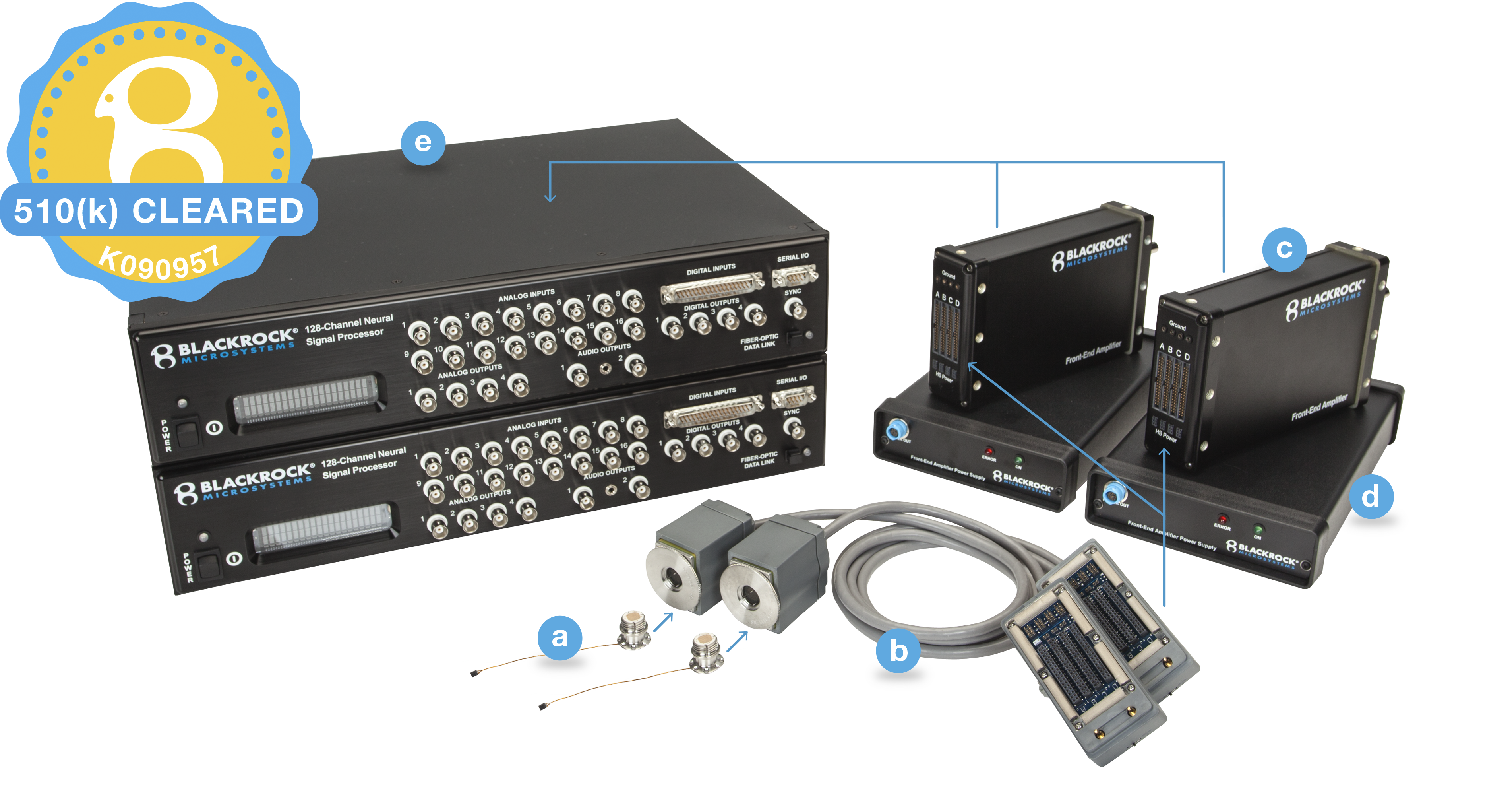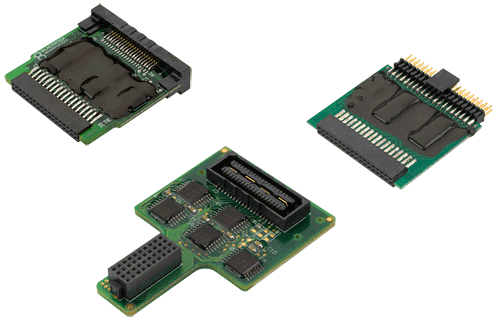
Brain-Machine Interface (BMI) startup Blackrock Neurotech has raised $10 million from investors including PayPal and Palantir co-founder Peter Thiel, as fellow investor Christian Angermayer of Apeiron Investment Group claimed he could see brain implants "becoming more common than cardiac pacemakers are today."
"The ultimate potential of this technology is to be a fundamental input-output device used by large portions of society. We can responsibly unlock truly astonishing use cases and abilities," Angermayer added, as Blackrock Neurotech announced the funding round on May 19: "I believe Blackrock will be the one to take us there."
The company's products have been used in a range of US military R&D programmes including "DARPA Revolutionizing Prosthetics, DARPA Restoring Active Memory and DARPA HAPTIX." They give signals from two different regions in the brain’s motor-control stream to allow a patient to control sophisticated robotic devices.

Blackrock Neurotech's real-time processors make neural data available to a researcher’s control algorithms, including via a "feature-rich API that provides the researcher’s custom software a simple means to connect to the system and access the data online". Previously known as "Blackrock Micro", it also makes hardware including Utah Arrays (picture at top): the most commonly deployed invasive BMI chip-type; an electrode with tiny silicone needles, that are pushed into the brain after some skull has been cut away.
The startup was founded in 2008 by German duo Professor Florian Solzbacher ("author of over 190 journal and conference publications, five book chapters and 16 pending patents") and Marcus Gerhardt ("all too aware of the limits of his own body when it comes to riding and hiking up and down the Wasatch mountains".)
Patients equipped with Blackrock Neurotech's brain implants have demonstrated usable lifetimes of over seven years, the US-based startup -- claims, saying " Blackrock is the only company in the world with an implantable penetrating array with almost 100 electrodes per device, that is already FDA cleared and used in humans."

Blackrock Neurotech has powered a wide range of "firsts" in human BMI applications, it says, including helping tetraplegic patients control robotic limbs directly "from and with" the brain; and the letting "completely locked-in" patients communicate again via an auditory speller, directly controlled by their mind.
As BMI platform co-founder Oliver Armitage of UK startup BIOS has earlier noted: "The nervous system is data flowing around the body. If the genome is the body’s hard drive, the nervous system is the body’s Internet. The nervous system is like the real time information that’s moving around the body, telling an organ what to do. Fundamentally, it’s a data transmission system.... There are nerves going to every single organ, telling the organ what to do and providing information back to the brain about what that organ is doing at that point in time."
Blackrock Neurotech's founders said in a canned release: "We have spent over a decade developing our technology with several hundred of the world's leading research institutions and over 20 clinical partner centers... We have achieved all this by running a revenue focused business servicing our customers in the research community and supported by Friends & Family – but in essence we were bootstrapped.
"Now imagine where we are able to take things having closed our first institutional investment round. Our goal is to provide every person in need access to our technology by partnering with leading medical device companies and universities who are building applications on our unique platform."
"Enabling people to walk, talk, see, hear and feel again is a massive market as more than 5 million people in the US are living with some form of paralysis," added Angermayer: "Blackrock's first applications will enable patients with severe physical and neurological impairments to regain function and reclaim their lives."
